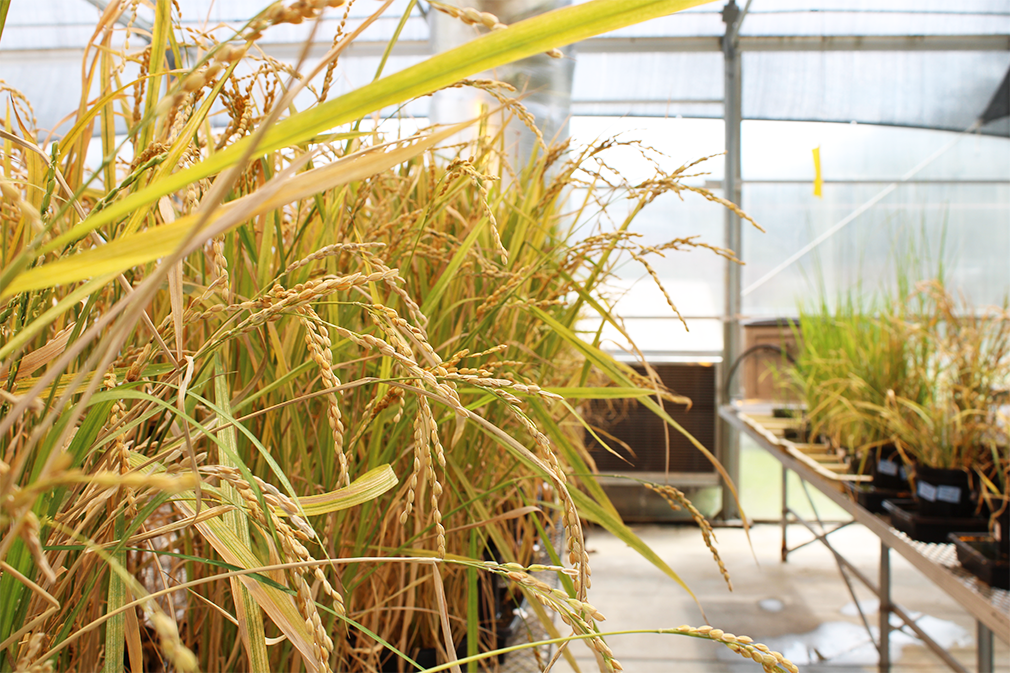
Graduate students enrolled in either program have the opportunity to work with a research advisor from over 20 full-time faculty. Research areas range from the ecological to the cellular level, and include aquatic ecology, trophic interactions in lakes and streams, plant-microbe-herbivore interactions, microbial food chains, infectious disease ecology, plant evolution and population ecology, animal behavior, aging, cell motility, developmental, chromosome, cell cycle and viral genetics, neuroendocrine control of metamorphosis and glucose homeostasis (click here for a detailed descriptions of faculty research). The broad range of training and research expertise among faculty members allows for an integrative approach to research studies in Biology for the MS degree and in Environmental Health Science for the PhD degree. Faculty in the department are funded from the National Institutes of Health, the National Science Foundation, and a variety of private funding agencies.
The Department of Biology is located in the connected Eberhart and Sullivan Science buildings on the UNCG campus. The Department maintains equipment for research in both molecular/cellular biology and ecology. Major molecular research equipment includes instruments for automated sequencing and genotyping, real-time PCR, microarray analysis, and fluorescence and luminescence quantification. Ecology equipment includes major field sampling equipment including remote sensing instruments for image, telemetric, bio-acoustic, and underwater sampling. The Department also has greenhouse and beekeeping facilities, and a range of microscopy equipment including a Confocal Microscope Facility.